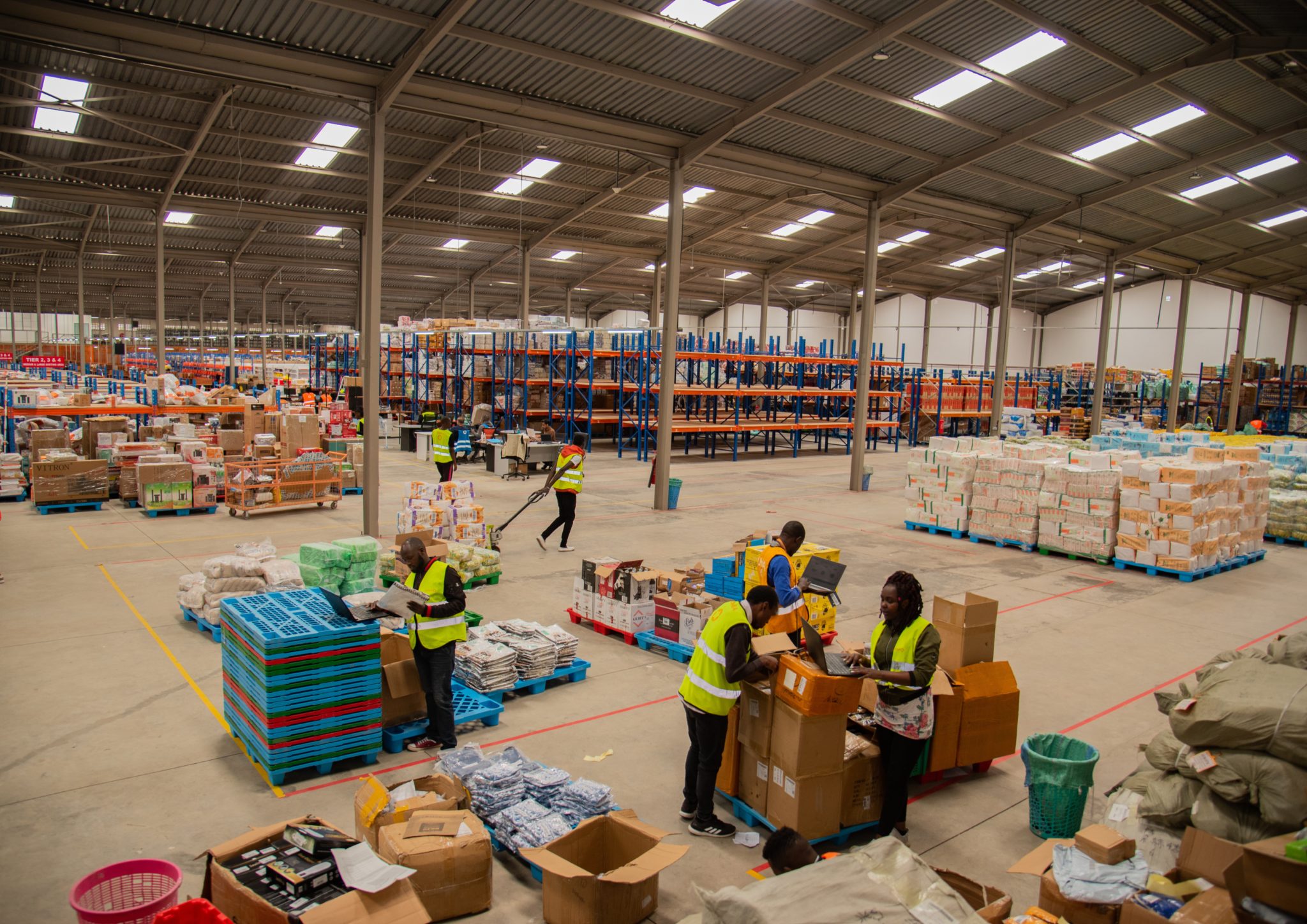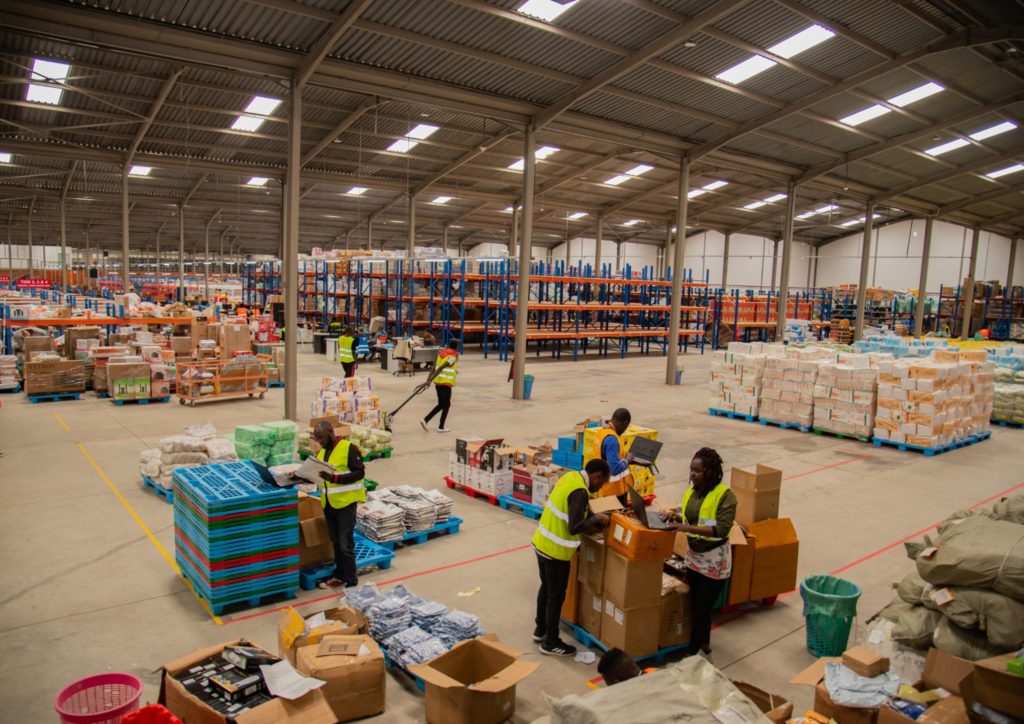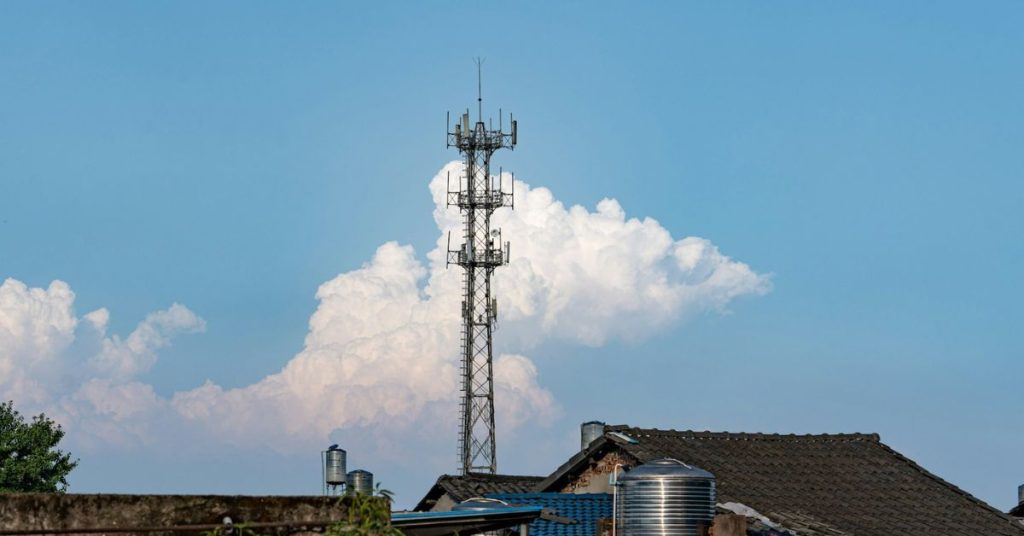PayDunya this week said it has launched operations in Togo as the Dakar-based payment solutions company accelerates its francophone West Africa expansion drive.
Togo becomes the startup’s fourth market within the region, and the latest expansion comes just over a year after it entered Côte d’Ivoire and Benin Republic.
PayDunya was co-founded in 2015 by Aziz Yerima, Youma Fall, Honoré Hounwanou, and Christian Palouki, from Benin, Côte d’Ivoire, Senegal and Togo, respectively, who were studying at Multinational School of Telecommunications (ESMT), an international institution of higher learning based in Senegal.
The startup provides a universal multi-channel payment gateway, offering a single API for e-businesses anywhere in the world to process payments from and to African customers via mobile money, money transfer, and credit cards.
Launched out of Senegal, PayDunya currently has over 600 active business clients across sectors such as insurance, e-commerce, education, and hospitality in its home market, Côte d’Ivoire and Benin Republic.
Over the last few years, the 7-year-old startup has added more product offerings. It now allows customers to generate receipts, receive payments via a mobile application, send invoices via SMS or email, set up recurring and automated payment collection, and pay thousands of people with one click.
As with all of its markets, PayDunya will provide Togolese businesses with payment collection and disbursement solutions via local mobile money providers such as T-money, Flooz, and Wave, as well as bank cards.
“We want to facilitate access to digital payments for all companies, regardless of the means of payment used, of the zone and region, and of their size or sector of activity, whether public or private,” Yérima told Togo First.
Realising that mission in Togo won’t be without competition, however. The small West African nation of just over 8 million people has a growing fintech ecosystem, which in recent years has seen several promising payment startups like CinetPay and Semoa, spring up.
But it’s still early days for Togo’s fintech industry with much of the market up for grabs by players able to take advantage of growing digitalisation in the economy and government-driven financial inclusion drive.
Increasing mobile money penetration in the country also bodes well for the ambitions of payment companies like PayDunya. Over 72% of the Togolese population have at least one account in a financial institution or a mobile money provider.
PayDunya isn’t resting on its laurels and has plans to enter more markets, particularly Mali, Burkina Faso, and other francophone African countries. In the long run, it hopes to operate actively in 30 African countries, both French-speaking and anglophone.
If you enjoyed reading this article, please share it in your WhatsApp groups and Telegram channels.



















